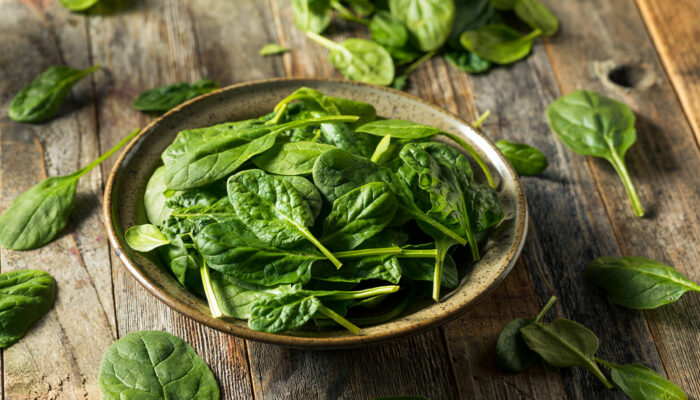
Prostate Cancer – Foods to Eat and Avoid
Prostate cancer is a common, uncomfortable type of cancer among men. Researchers suggest that it may affect one in seven men during their lifetime. While early detection is essential for effective treatment and recovery, many men don’t know enough about it. Therefore, it is important to know the symptoms and maintain a balanced food plan to reduce cancer risk. This article will discuss prostate cancer basics, its signs and symptoms, and food recommendations.
What is prostate cancer?
Prostate cancer is a health condition wherein cells in the prostate, a gland located underneath the bladder and near the rectum in men, grow abnormally and out of control. Such uncontrollable growth can lead to health complications such as metastasis (spreading cancer cells throughout other organs). Men over 50 should get screened regularly for prostate cancer to identify potential health risks early on.
Prostate cancer is typically treated with surgery, clinical trials for prostate cancer, radiation therapy, and chemotherapy. In addition, healthy lifestyle choices such as eating nutritious meals and exercising can greatly reduce the risk of developing the disease.
Early signs of prostate cancer
Before learning about foods that may aggravate or alleviate the cancer symptoms, let’s find out a few early-stage symptoms of prostate cancer:
- Frequent urination, especially at night
- Difficulty starting or stopping urination
- Weak or interrupted urine flow
- Pain or burning sensation during urination
- Blood in the semen or urine
- Pain in the hips, lower back, or thighs
- Difficulty getting or maintaining an erection
- Loss of bladder control
Foods to manage prostate cancer
Tomatoes
Tomato-based products such as sauce, puree, or ketchup may offer a health benefit for preventing and managing prostate cancer. Studies have shown that tomatoes’ antioxidant properties and phytochemicals (plant compounds) reduce the risk of prostate cancer.
Tomatoes also contain lycopene, an effective organic compound for decreasing inflammation and cell damage caused by carcinogens (substances/radiations causing cancer).









